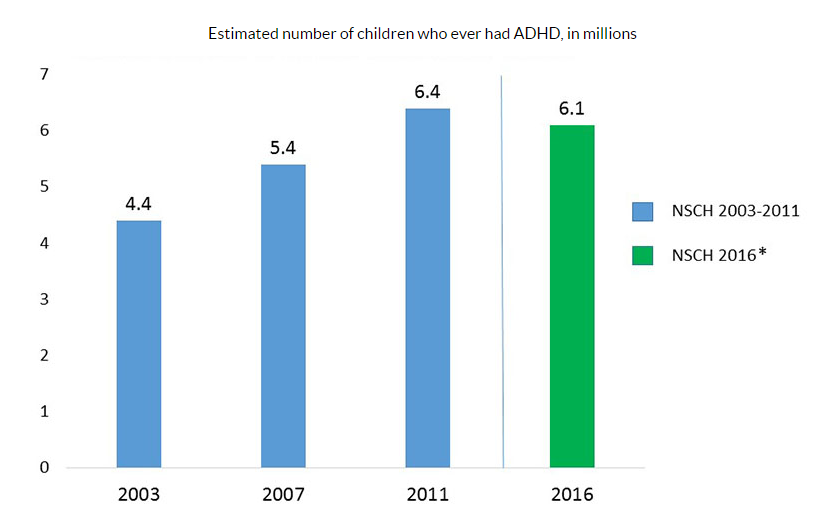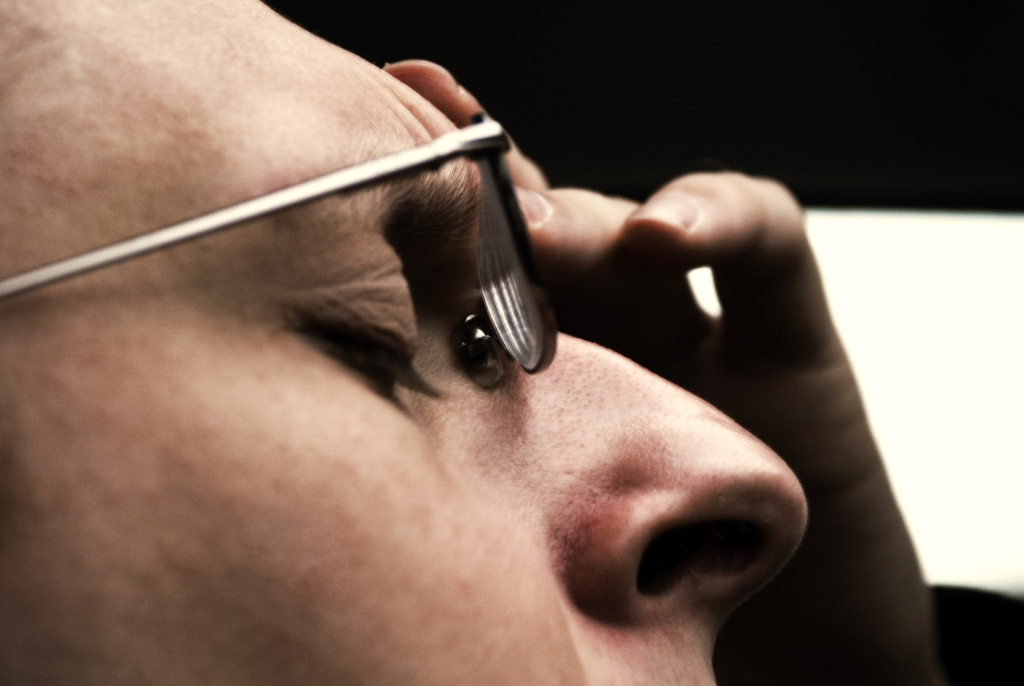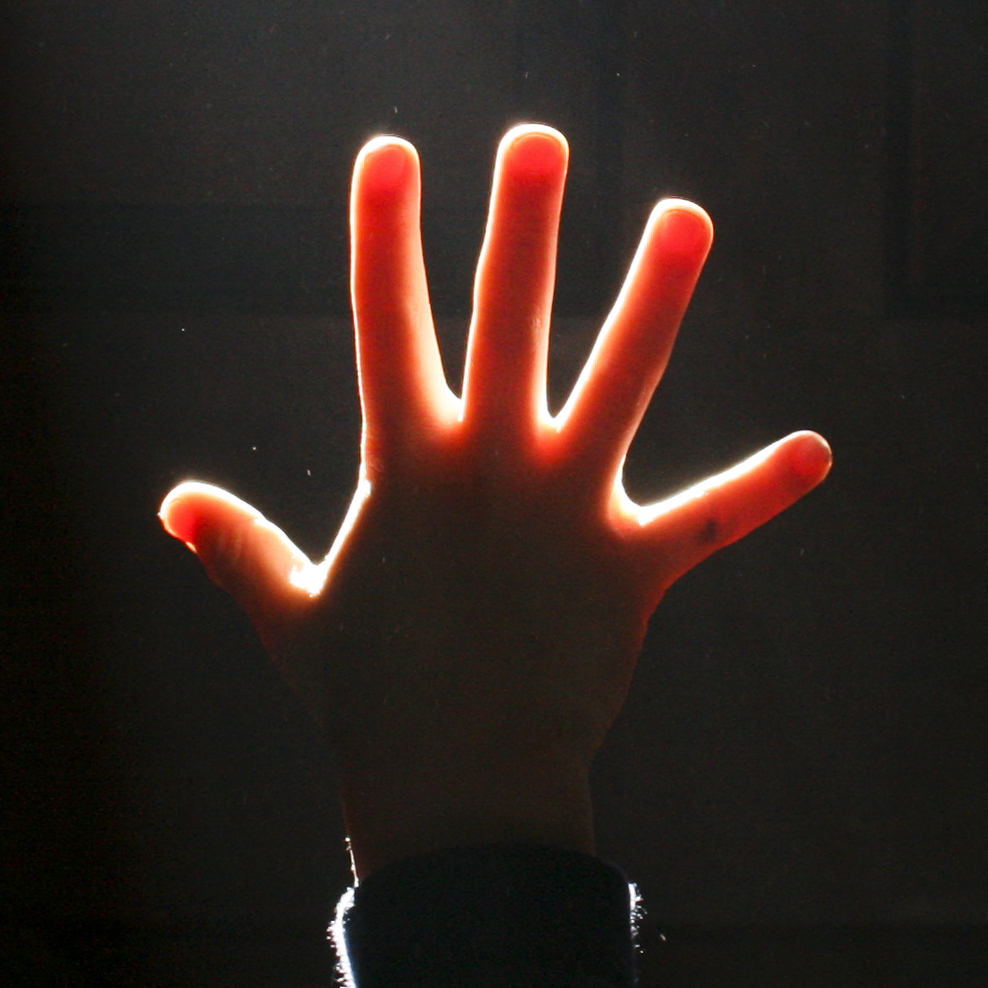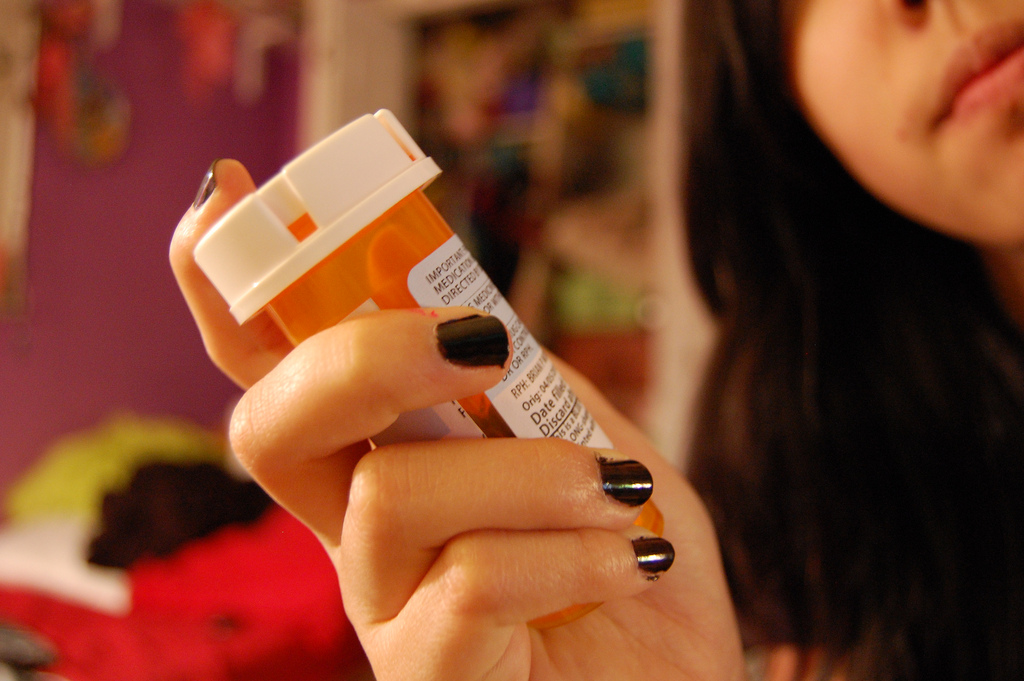Attention deficit hyperactivity disorder, better known as ADHD, is a developmental disorder that causes a chemical imbalance in the brain. Symptoms of the condition include inability to focus, hyperactivity, impulsiveness and lack of organizational skills. With a growing number of children, teens and adults diagnosed with ADHD, it’s important to examine some of the statistics and the latest ADHD research surrounding this prevalent condition to gain a better understanding of how impactful ADHD is in society, as well as in individual lives.
What ADHD Looks Like in the United States
While ADHD appears with the same frequency across different countries, it’s interesting to take a look at the statistics for the condition in the United States. Here are some statistics about ADHD from the Centers for Disease Control, Vital and Health Statistics:
- Approximately 7 percent of children in the United States have been diagnosed with ADHD
- From 2007 to 2013, there has been a 16 percent increase in diagnosed cases
- Boys are more than twice as likely than girls to develop ADHD
- The average age of ADHD onset is 7 years old
- ADHD appears fairly evenly across all ethnic backgrounds
- Those with ADHD are much more likely to develop co-occurring conditions like oppositional defiance disorder, anxiety, depression and more.
- Children in poor health are up to 3 times more likely to develop ADHD
With a growing national concern over rising health costs, it’s a good idea to support research and medical studies that seek to not only figure out how ADHD is caused, but work toward a meaninfula nd lasting solution.
Treatment of ADHD
A combination of medication and therapy is the most successful way to treat ADHD in children, teens and adults. Medication like Ritalin and Adderall are some of the most common. Behavioral therapy helps children and teens with ADHD integrate better socially and learn strategies for living with their ADHD.
Here are some medication and treatment statistics on ADHD:
- Nearly 3 million children in the United States take some form of ADHD medication.
- Boys are twice as likely to take ADHD medications over girls.
- The annual cost of ADHD is approximately $17,500 per person per year.
- The annual health care cost for the United States for ADHD is nearing 52 billion dollars.
Doctors recommend a coordinated plan for children and teens diagnosed with ADHD so that parent training, behavior therapy, school support and medication all work together to ensure appropriate behavior, strengthen successes and build self-esteem.
Influential People With ADHD
ADHD does not mean that a person is stupid or lazy or destined for a bad career. Many successful people with ADHD have achieved great success in life. Here are 10 people with ADHD that lead successful lives:
- Albert Einstein, physicist and Nobel Prize winner
- Michael Jordon, legendary professional basketball player
- Michael Phelps, 14-time Olympic swimmer medalist
- David Neeleman, founder of JetBlue
- Richard Branson, business mogul
- Bill Clinton, 42nd President of the United States
- John F. Kennedy, 35th President of the United States
- James Carville, political analyst and author
- Walt Disney, animator and entertainment mogul
- Will Smith, singer, actor and producer
While children, teens and adults with ADHD do face a unique set of challenges when it comes to overcoming life’s obstacles, a growing number of people are figuring out how to survive and thrive despite their condition. Greater education for schools, work environments and in social settings will help people with ADHD better integrate and therefore find more success throughout life.











0 Comments